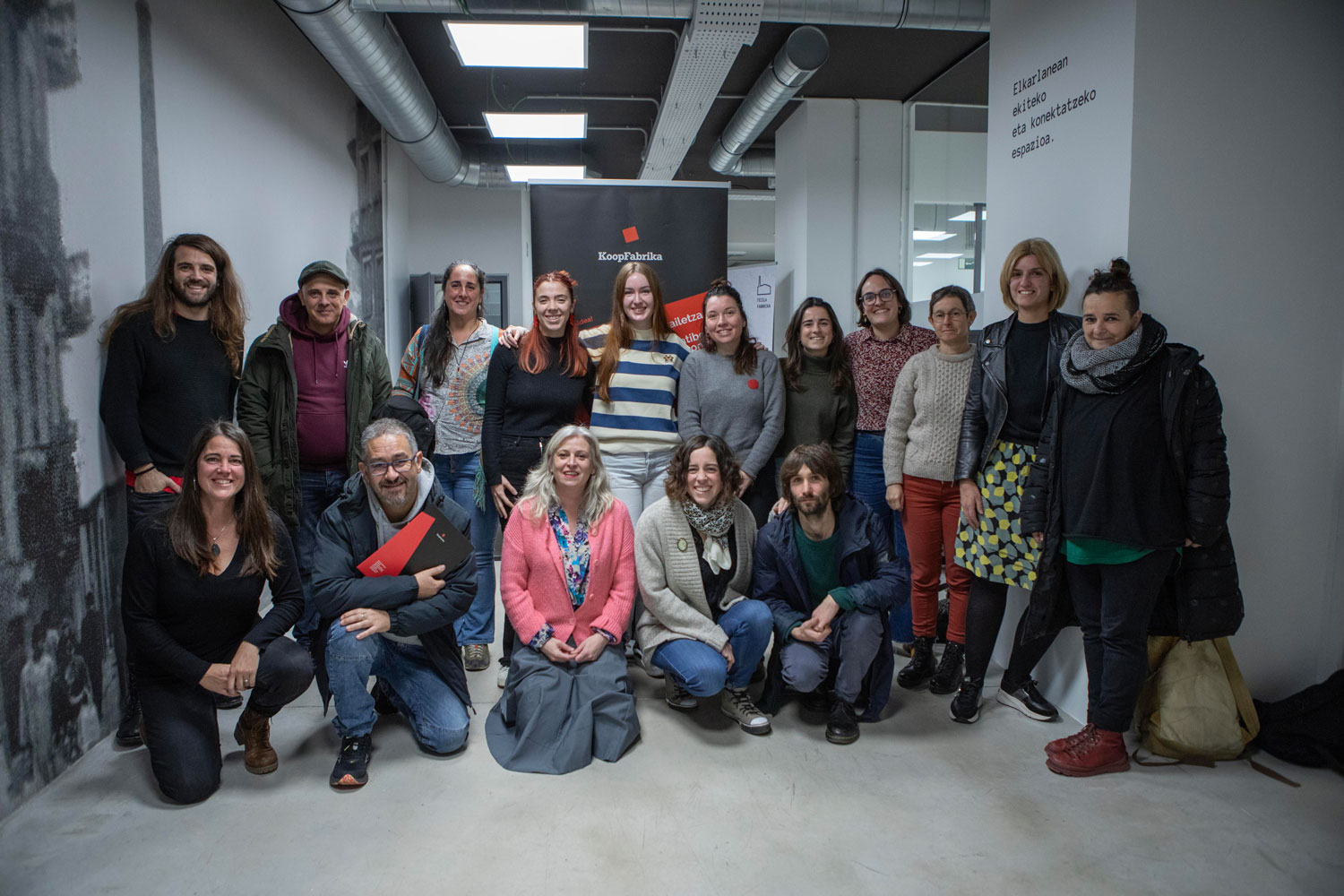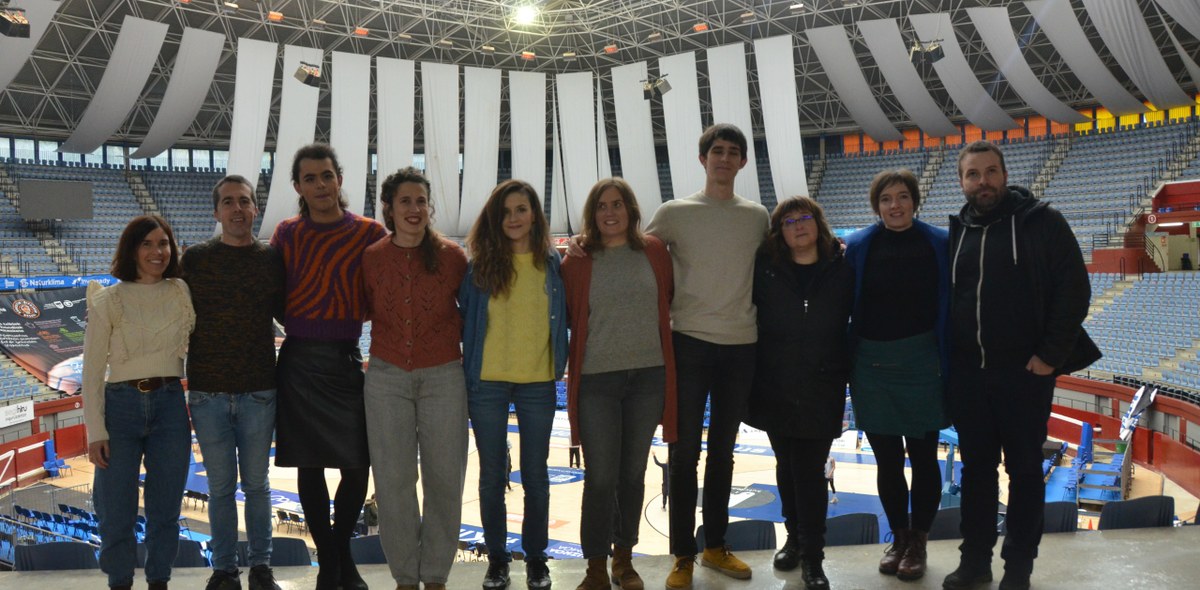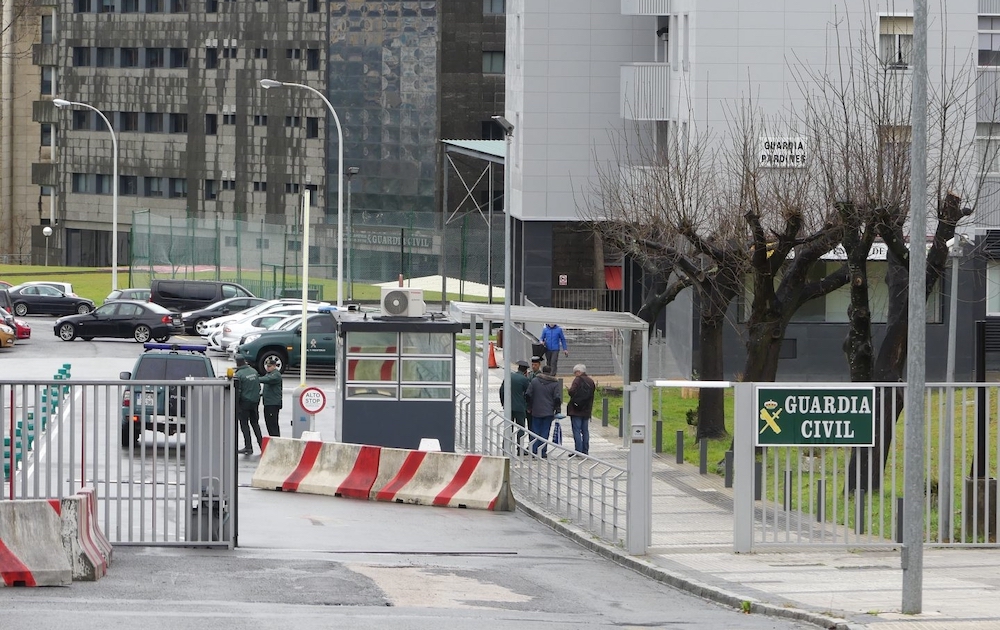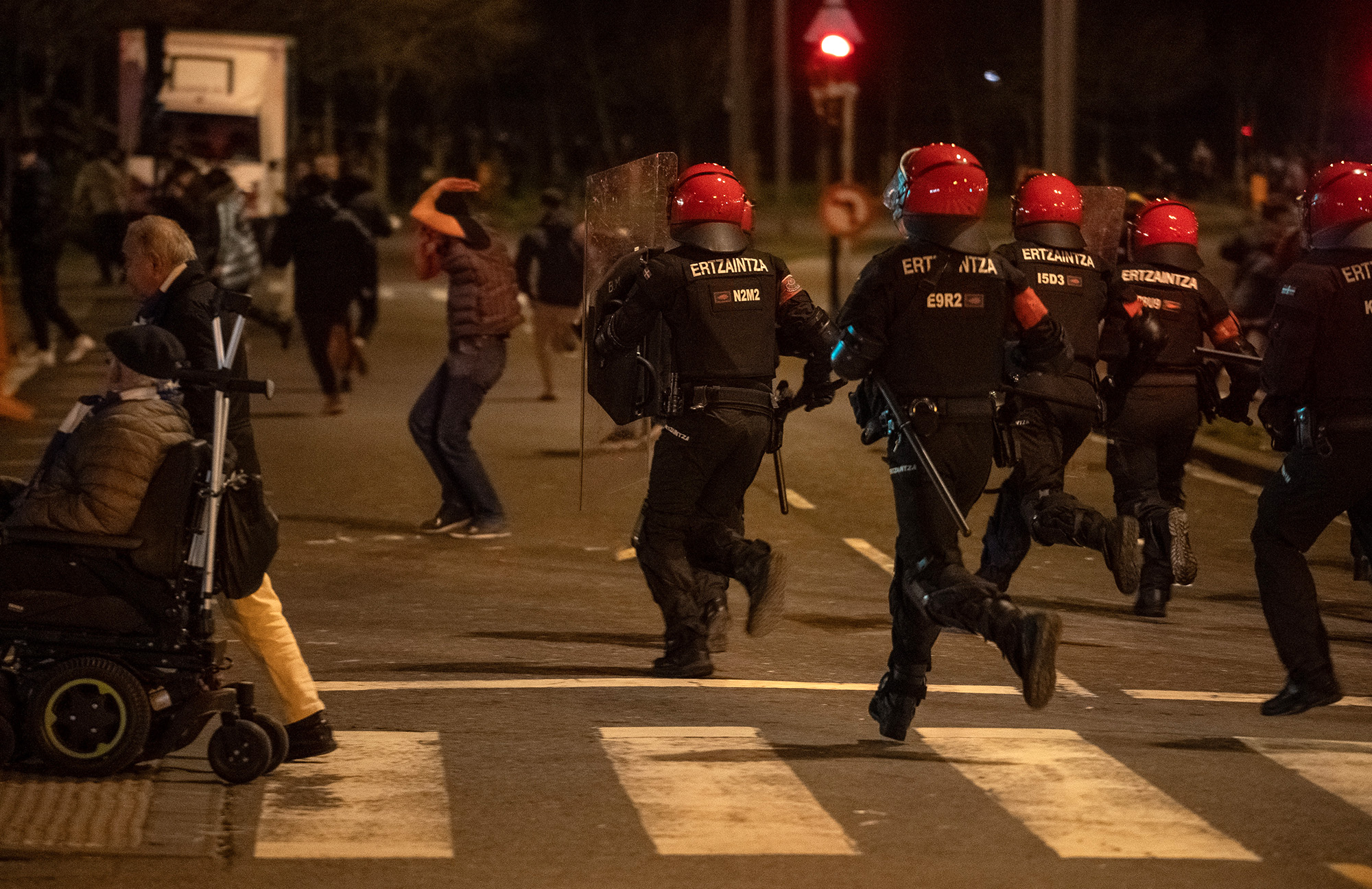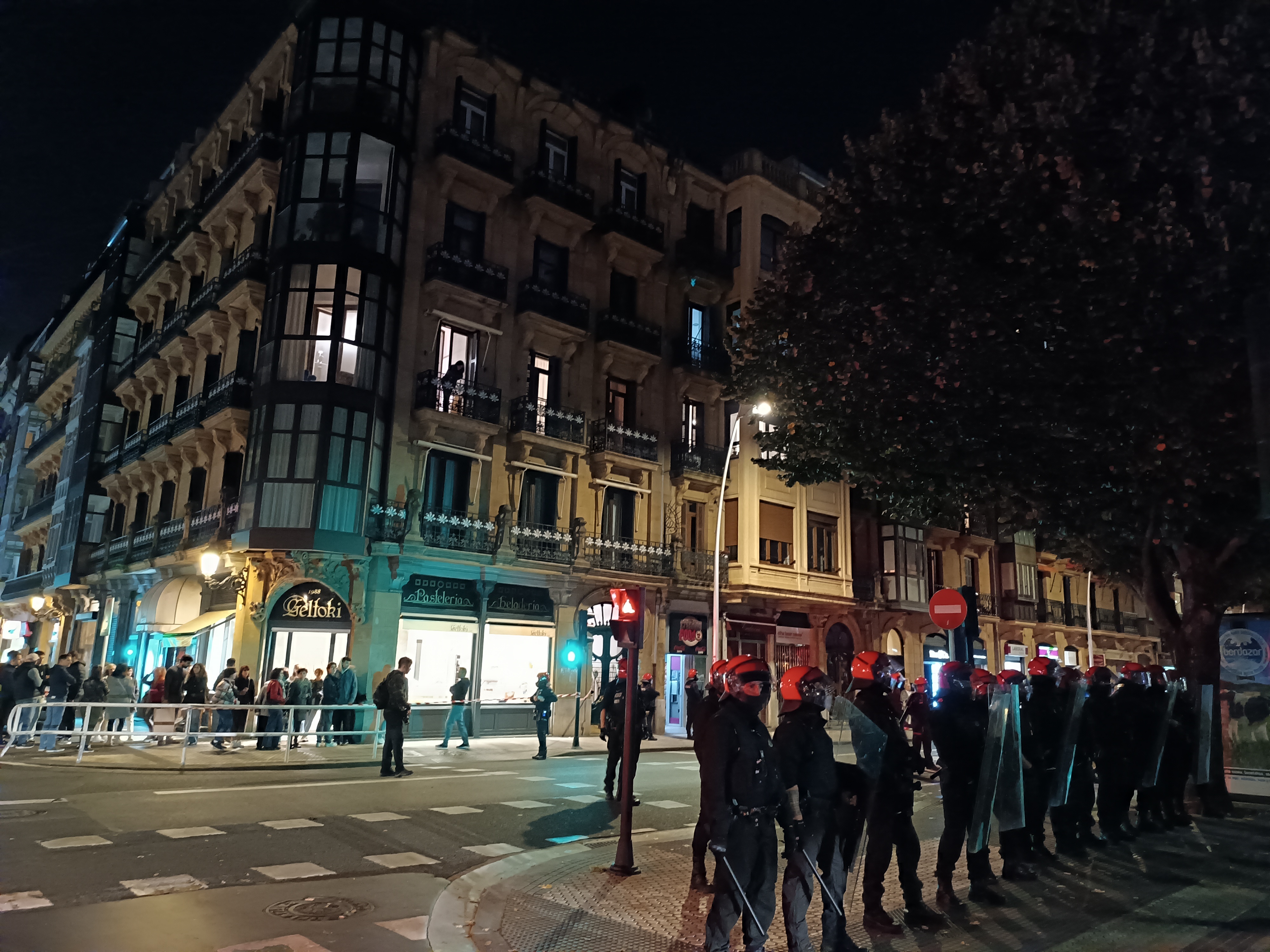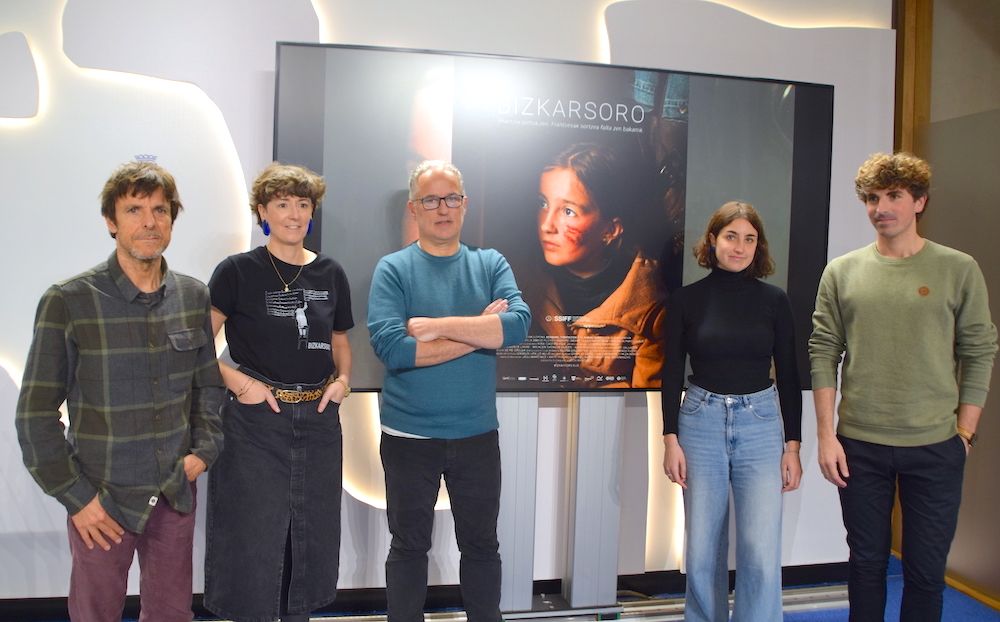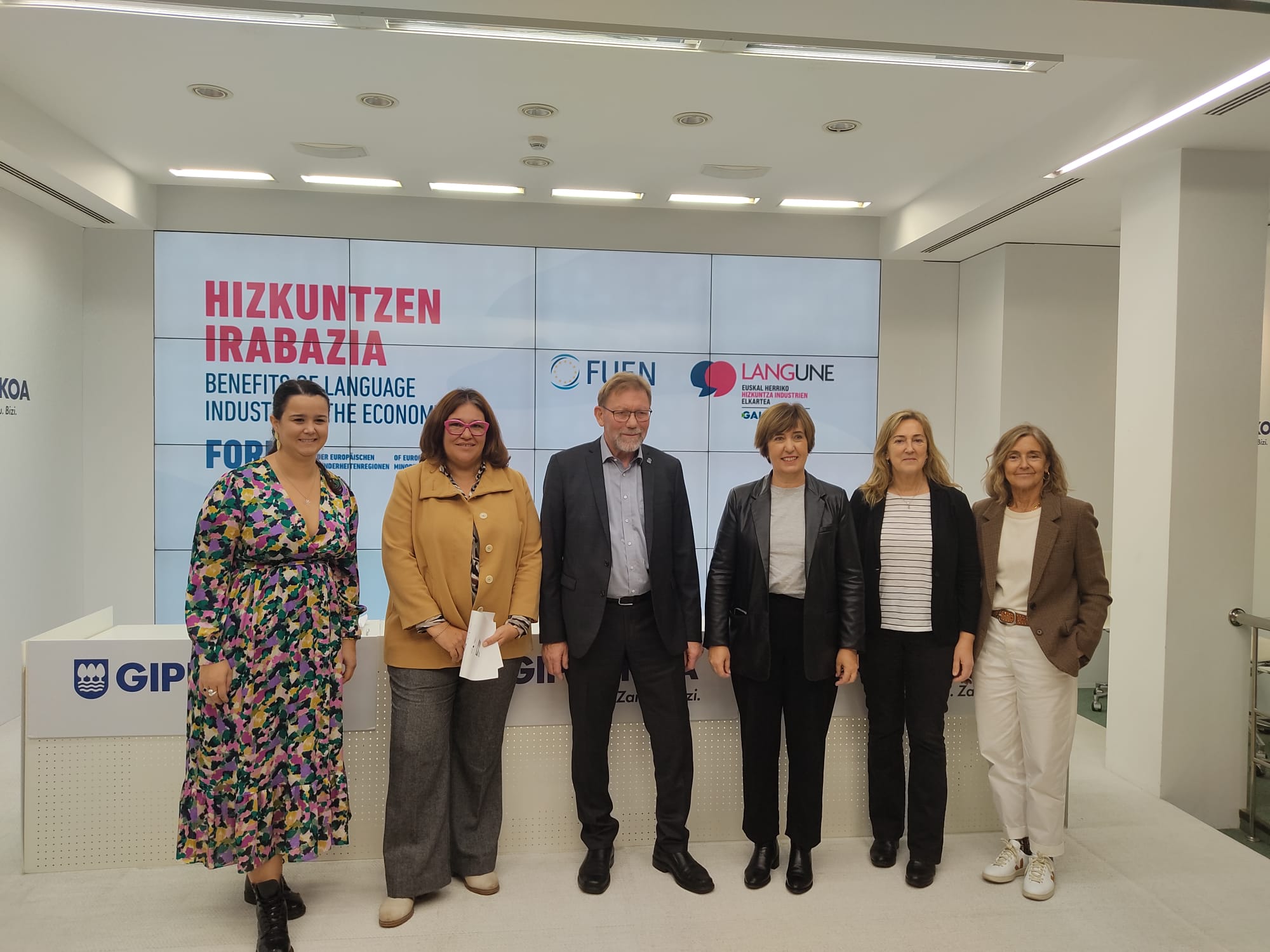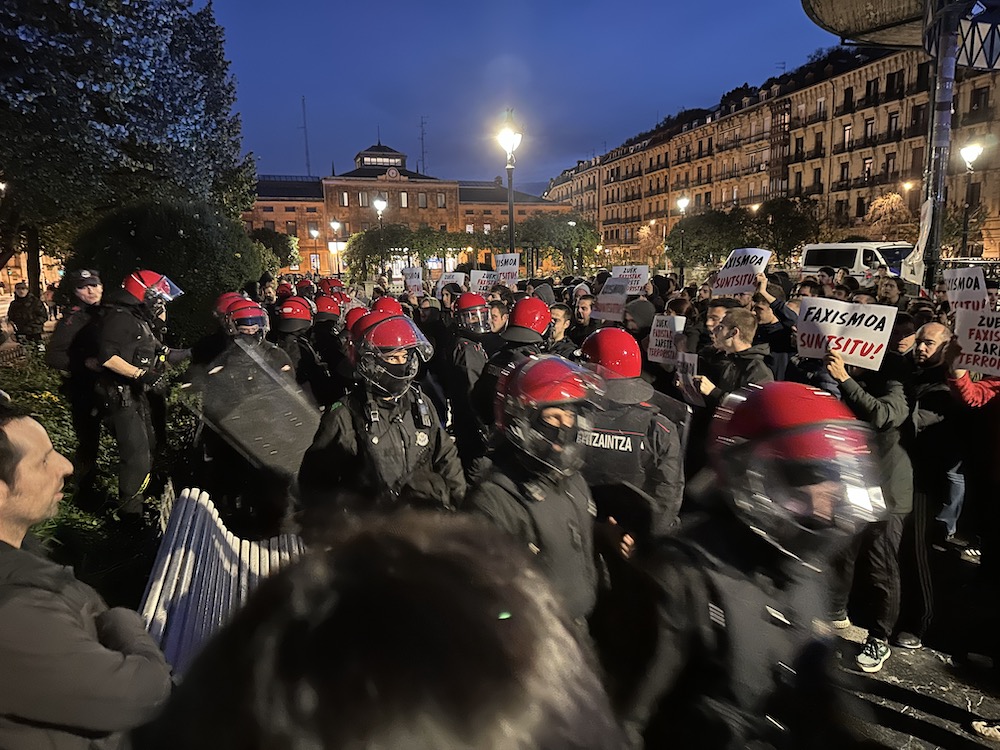Zubieta’s incinerator exceeded the pollution ceiling by 2,000 times in 2020
- A group of professors from Ekopole concludes by analyzing data from the registry of the Vice Ministry of Environmental Sustainability of the Basque Government. The report says that there has been "illegal operation".
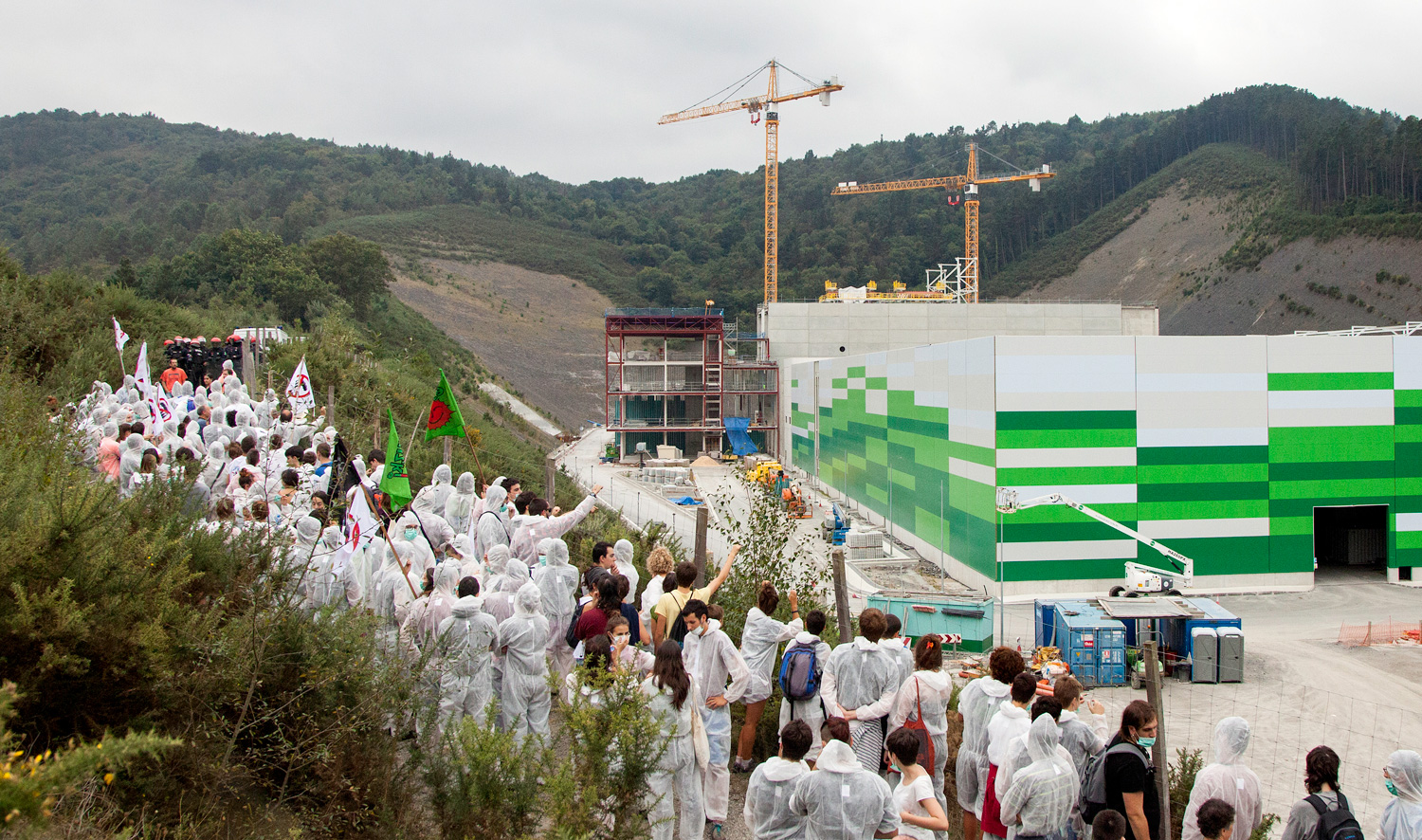
Serious breaches of integrated pollution prevention and control (IPPC) regulations have occurred at the Zubieta incinerator in Gipuzkoa in the years 2020 and 2021. Over the period, the incinerator has exceeded the maximum emission value (IGB) by more than 2,000 times by 2020. These are the results of research conducted by a group of Ekopole professors. Presence of toxic components such as NOx (nitrogen oxide), COT (total organic carbon), CO (carbon monoxide), sulphur dioxide (SO2), HF (hydrogen fluoride), among others. It can be read in the report that almost half of the excess emissions are highly toxic NOx gas.
Furthermore, they do not take into account the gravity of the incinerator, according to Ekopole: it is possible to verify the records and to conclude that in cases where excessive pollution has been overcome, furnaces have continued to supply waste, when the regulation indicates that in these cases the process must be stopped. In addition, the installation does not have automatic control in case of exceeding the discharge values.
It can be read in the report that during the period analysed the incinerator had an "illegal operation". The incinerator was launched "when the works were not completed, the installations were not fully tested, the corrective measures for emissions into the atmosphere were not yet implemented and safety measures were not designed and planned in the project". Thus, the incinerator worked without the Integrated Environmental Authorisation from February to August 2020 and burned 44,074 tonnes of waste.
240 stops and starts
In order to limit pollution, the incinerator should stop as little as possible, as it is much more polluting in this period of extinction and ignition. It is one of the criteria approved by the European Commission on 12 November 2019. At the Zubieta incinerator, however, it is discouraged: furnaces have been left without programming 240 times during the two years analysed. According to the estimates of the authors of the report, the contamination ranges at start-up times have accounted for one third of the incinerator's annual discharge. The conclusion of the report is clear: "This operating system is far from what is proposed by European legislation".
These data are based on research conducted by UPV professor Gorka Bueno for the multidisciplinary research team Ekopol. Ekopole works on social and environmental problems, and following what can be read on its website, "the objective of the group is to contribute themes of relevance and social impact such as ecological sustainability and the social and environmental crisis, climate changes, citizen participation and environmental justice, circular economy and ecofeminism".
We live in a context in which anti-feminist and racist hate speech at the global level is on the rise. Far-right narratives are inserted throughout the world by
social networks and political agendas. Racism and anti-feminism have become two great discursive axes that adapt to... [+]
DEBT
Text and address: Agurtzane Intxaurraga.
Actors: Look at Gaztañaga, Iñake Irastorza, Jabi Barandiaran.
When and where: 25 October, Gazteszena (Donostia).
----------------------------------------
To the flower that is looking for its own light, being grasped at its... [+]









